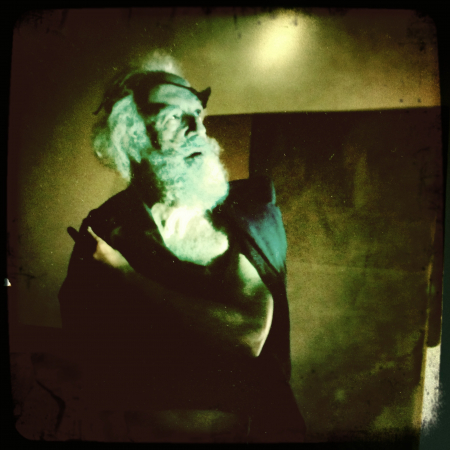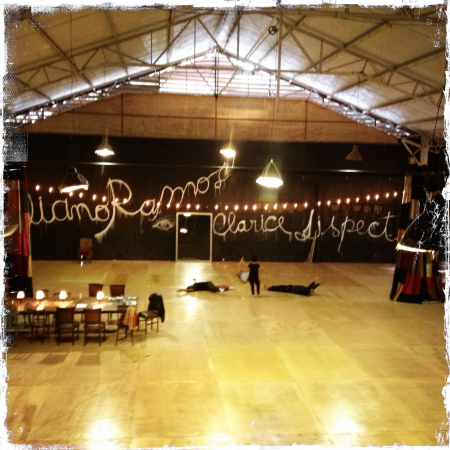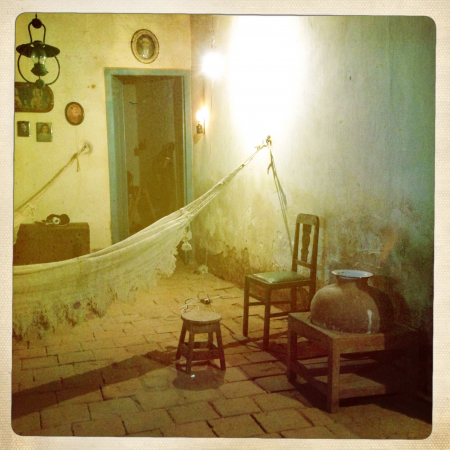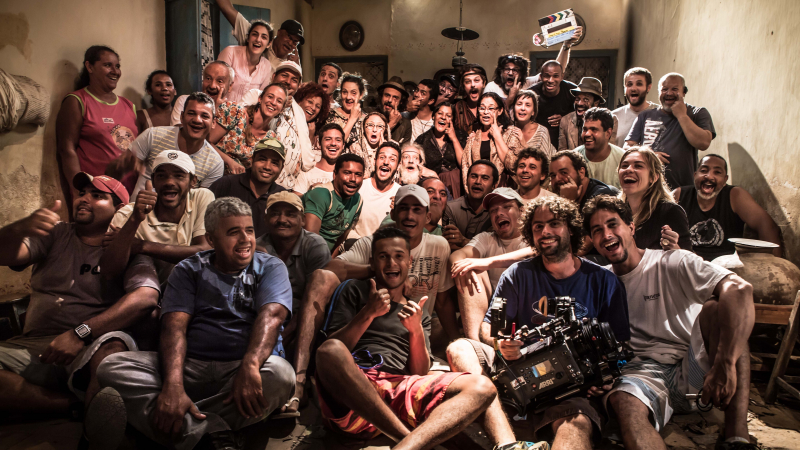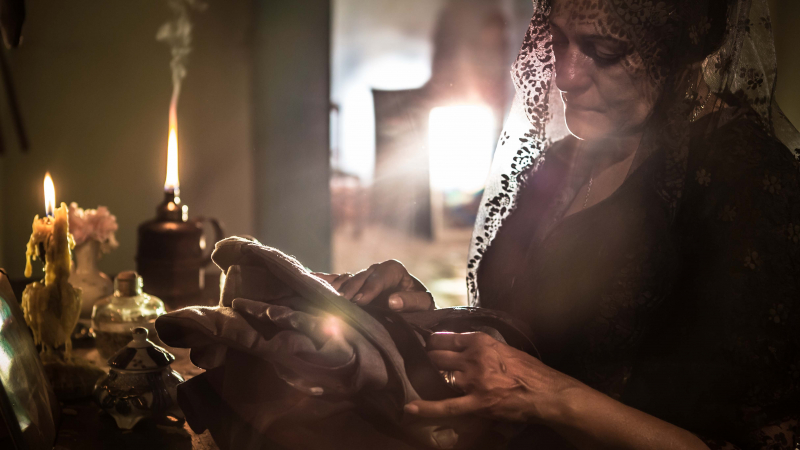Perhaps because of this, it is widely accepted the stories of Alexandre are quixotic. I know what they are trying to accomplish, but even though I see an immense degree of compliment, I disagree. Dom Quixote was always choosing between good and evil, but such choices occurred during his dream state, and it only became real when he was busy trying to deal with the people that could not be bothered to make the distinction between good and evil. In his own way, committed with the reality around him, Alexandre creates through imagination a world that relieves him from its penury. He fustigates reality and faces it, investigating it with his pierced gaze. Not the kind of gaze of inventing wonders, but the crooked eye, of clearly seeing the moral of things. Well, as we exist only when we are living, we must dedicate our time to live. Therefore, life is movement, and movement is connected to the things that set humanity in motion: love, power, ambition, pleasure etc. The time a man, today, will have to dedicate to matters such as moral relevance, oh! he will have to take it by strength from the movement he is a part of in order to be able to keep on living with himself on the next day.
In Alexandre, this moral aspiration is expressed by means of its imagination that is in itself the mark of its boldness: the need to dream and share it. Thus, his utopia goes far beyond, fairer and more ludic in itself and also includes it cluster of dirty clothing, his audience of excluded: a singer of improvisations, a sertanejo gipsy, a folk healer, a blind. Excluded from the world of production and labor, they seem to acquire with the stigma of marginality, a holy aura.
The stories of Alexandre, if not original and belonging to the folklore of the Northeast region, still obey a well-defined sense. This man that speaks to obscure hearers maintains, by means of imagination, the capacity to evoke, in a mythical manner, the existence of a better world all should share. His substance as a character does not make him a vulgar braggart. Alexandre represents the memory of an Ideal. And just like us, treading on the reality of days, Alexandre will have to make the constant choice between good and evil. His moral consciousness (just like ours) seems to be the curse of accepting from the gods before obtaining form them the right to dream. But the consciousness of Alexandre is his greatest asset. And then, dream after dream, his nature makes him lucid before the whole, aware that he was created and that is not roaming blinded through paradise.

